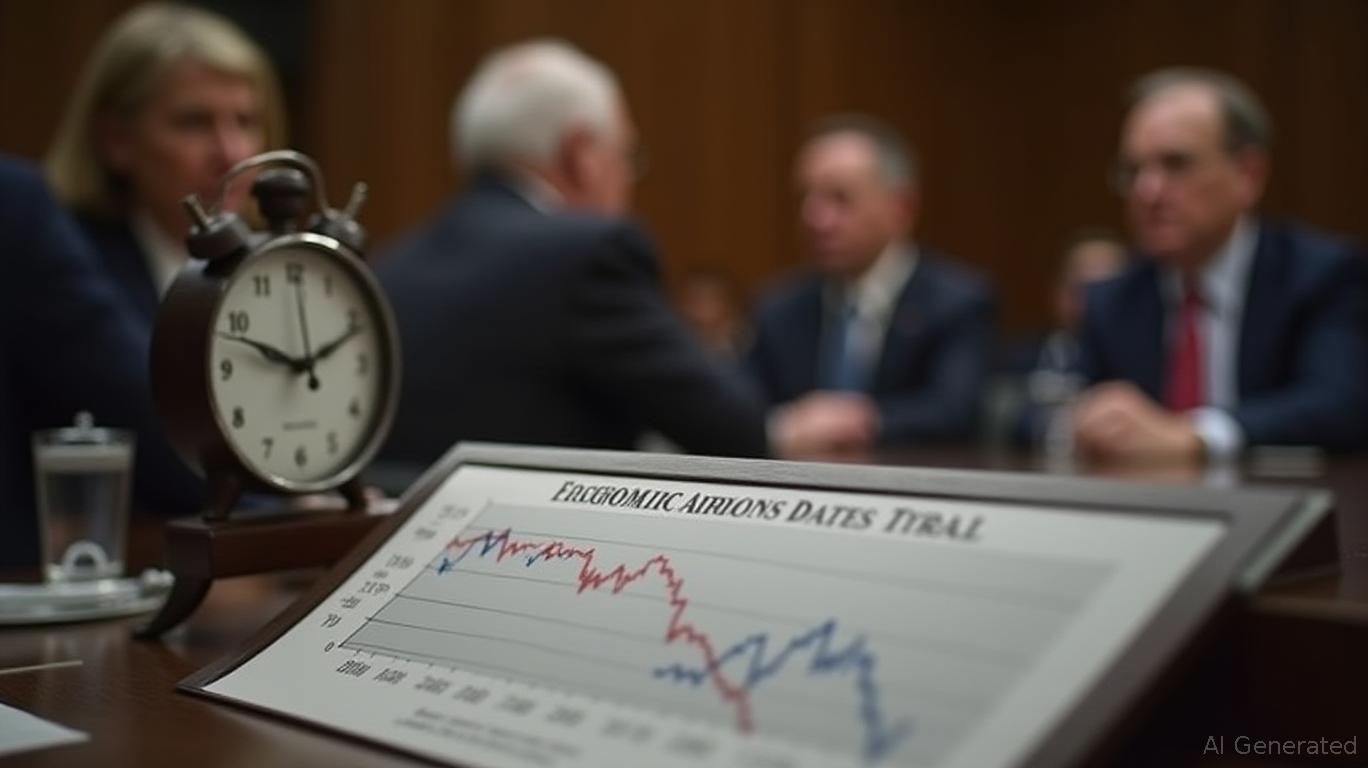France Eyes 2% of Total Bitcoin for National Strategic Reserve
France is taking a bold step toward embracing Bitcoin as part of its financial strategy. A new bill introduced in the National Assembly proposes that the country acquire 2% of Bitcoin’s total supply. With roughly 420,000 BTC over the next seven to eight years. If approved, France would become the first European nation to establish a Bitcoin Strategic Reserve.
Aiming for “Digital Gold”
The proposal, introduced by the Union of the Right and Center Party (UDR) and led by Éric Ciotti. It outlines an ambitious plan to build what supporters call “France’s national digital gold.” The reserve would be managed by a public administrative establishment. It is designed specifically to hold and oversee the nation’s Bitcoin assets.
The goal is to diversify France’s foreign exchange reserves. It strengthens financial sovereignty and positions the country as a leader in digital asset adoption. The idea reflects a growing belief among some lawmakers. Bitcoin can serve as a hedge against inflation and currency volatility, much like gold once did.
Funding the Bitcoin Reserve
According to the proposal, several channels would fund the accumulation of Bitcoin. One major source would be public Bitcoin mining operations. It is powered by France’s surplus nuclear and hydroelectric energy. This approach aims to make the process sustainable while supporting domestic energy industries.
The bill also suggests that the state should retain Bitcoins seized during judicial investigations instead of auctioning them off. Additionally, a portion of funds from popular savings accounts, such as Livret A and LDDS. They would allocate it to buy Bitcoin daily on the open market. This amounts to around €15 million per day or approximately 55,000 BTC per year. There is even a proposal to allow tax payments in Bitcoin. Though this would depend on constitutional approval.
Broader Push for Crypto and Stablecoins
Beyond the Bitcoin reserve, the bill includes several pro-crypto measures. This aims to strengthen France’s position in the digital asset sector. It recognizes euro-backed stablecoins as a legitimate payment method and proposes allowing small-scale transactions. This is up to €200 per day to be exempt from taxes and social contributions.
The lawmakers also urge the European Union to ease the MiCA regulation. This currently limits stablecoin issuance and pushes back against the idea of a digital euro. According to the bill, a central bank digital currency (CBDC) could “centralize control and threaten financial freedom.”
Limited Political Support but Strong Symbolism
Despite its ambitious scope, the bill faces an uphill battle in Parliament. The UDR currently holds only 16 seats. Which gives it limited power to push the measure through. Political analysts believe the proposal is unlikely to pass in its current form.
However, its introduction marks a significant shift in how France views Bitcoin. It signals a growing openness among policymakers to explore digital assets as tools of national strategy. Even if the bill doesn’t advance. It positions France as one of the few major economies seriously discussing Bitcoin at the national reserve level. As one industry observer put it online, “Whether or not this becomes law, France just put Bitcoin on the geopolitical map.”
Disclaimer: The content of this article solely reflects the author's opinion and does not represent the platform in any capacity. This article is not intended to serve as a reference for making investment decisions.
You may also like
Supreme Court and Tesla Investors Challenge Authority and Compensation in Fragmented Markets
- Supreme Court will review Trump's emergency tariffs under IEEPA on Nov 5, testing executive power limits amid conflicting lower court rulings. - Legal experts warn court's decision could redefine congressional-executive balance by validating or invalidating unilateral tariff authority. - Tesla shareholders vote Nov 6 on Musk's $1T pay package tied to AI/robotics milestones, facing governance criticism and potential leadership risks. - Both cases highlight polarized market dynamics: one testing judicial r

Fed Navigates Uncertainty as Data-Dependent Rate Decisions Hindered by Shutdown
- The Fed's 25-basis-point rate cut reduced 2025 easing expectations, with December cut odds at 69.8% amid hawkish signals and FOMC divisions. - A split FOMC vote highlighted inflation-labor market balancing struggles, as core inflation remains 2.7% above the 2% target despite trade truce measures. - Quantitative tightening ends by December 1 amid U.S. government shutdown, complicating data-driven policymaking and increasing December cut uncertainty. - Political pressures mount with Trump criticizing Powel

Bitcoin News Update: Institutions Propel Crypto Diversification While AI and Scalability Transform Investment Focus
- Blazpay completes $963,300 presale audit, selling 85.6% of tokens as AI-powered crypto ecosystem targets 2025 investment spotlight. - Tron's DEX volume surges 174% to $3.04B with 87.7M active addresses, boosted by Halliday's 60-second onboarding integration. - DeepSnitch AI (DSNT) raises $490K with 10.9M tokens staked, positioning itself as undervalued scam-fighting alternative to Ethereum. - Solana's BSOL ETF gains $197M inflows vs. Bitcoin's $543M outflows, signaling institutional shift toward high-per

Bitcoin News Update: La Culex Takes a Bold Bet: Will Meme-Based Cryptocurrency Surpass Bitcoin’s Reliability?
- La Culex ($CULEX) presale targets 30,683% ROI with $0.00002274 tokens, leveraging meme-driven mechanics and structured tokenomics including burns and staking. - Unlike Bitcoin's $112k stability or TRON's $0.0946 growth, La Culex offers asymmetric risk-reward via community-driven engagement and gamified retail appeal. - Ethereum-based framework with automatic liquidity and transparent governance differentiates it from meme coins, mirroring MoonBull's utility-driven model. - Dynamic pricing increases token

